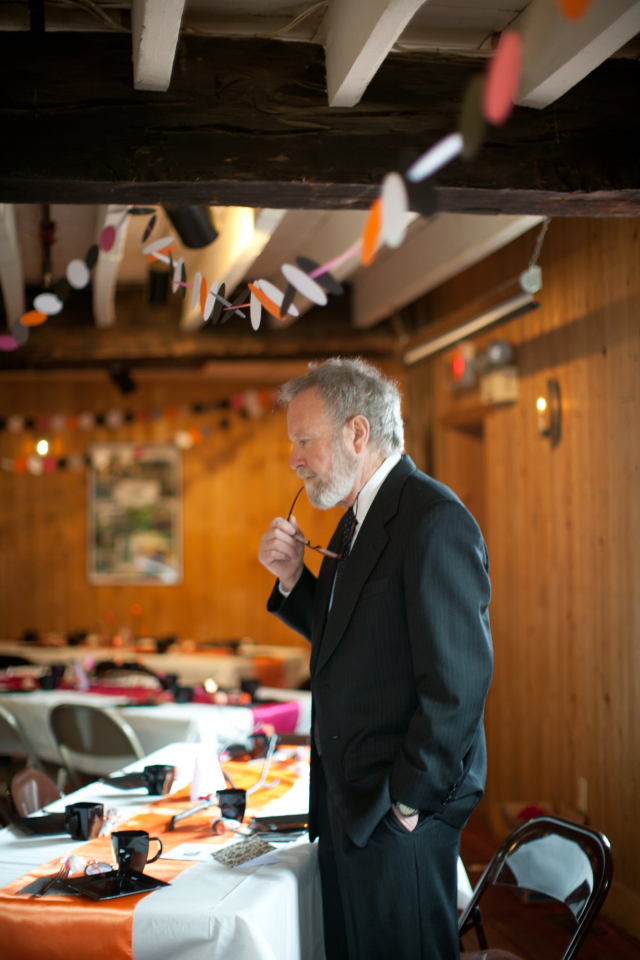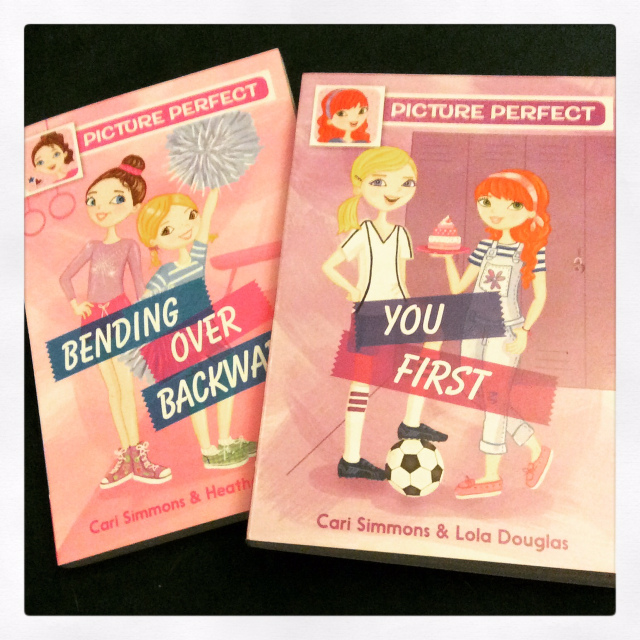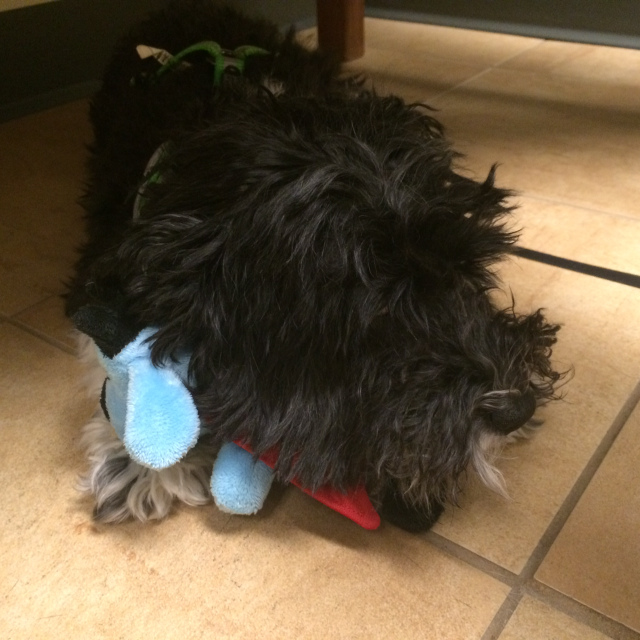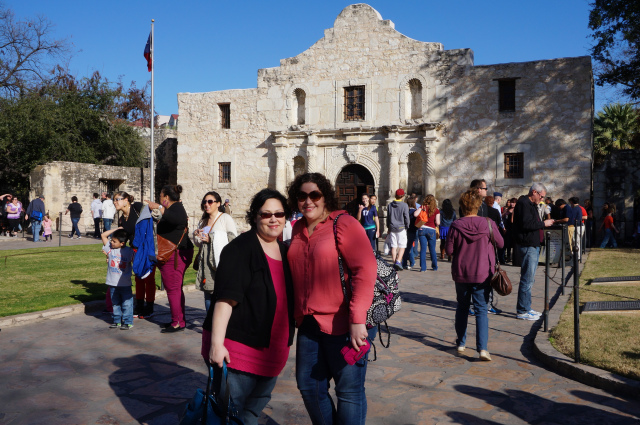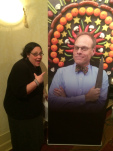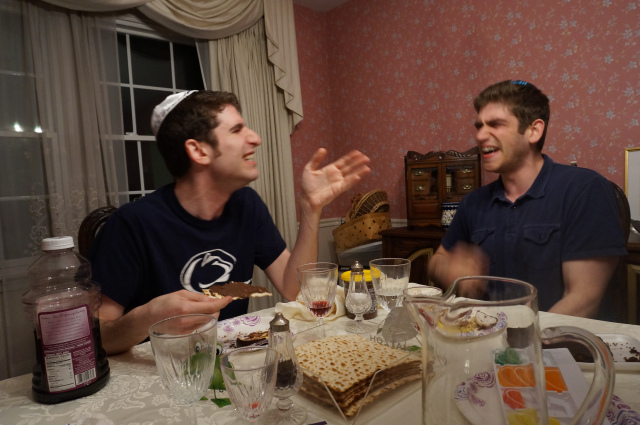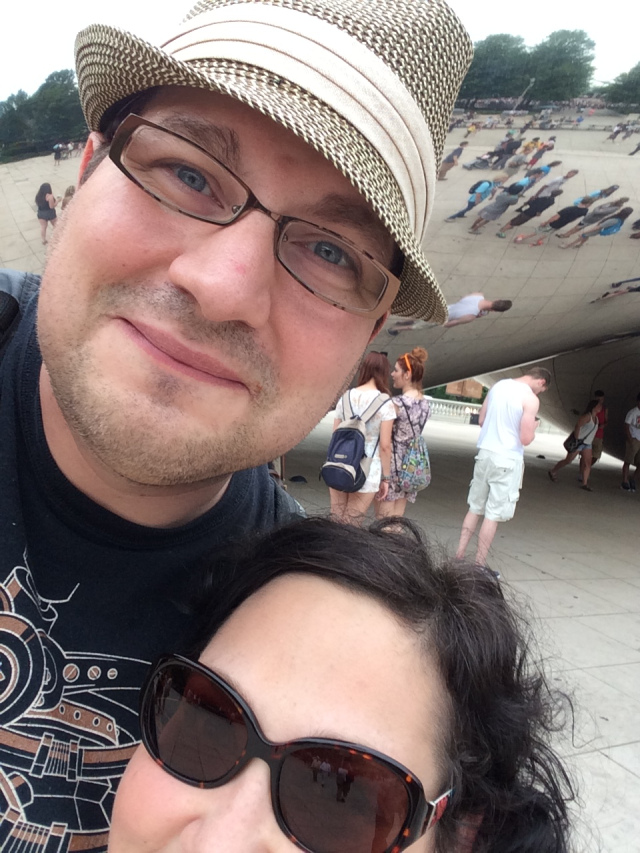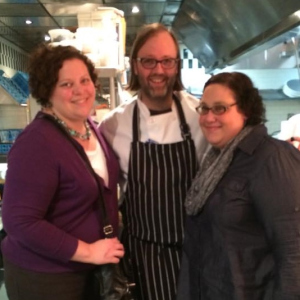It’s Teacher Appreciation Week, which always gets me thinking about the influential teachers I’ve had over the years. Here are a few (but not all) of my favorites.
Mrs. Love
Mrs. Love was my middle school English/Language Arts teacher. She was kind of a badass. Her classroom library was stocked with a bajillion titles, spanning a wide range of genres and reading levels. It was from her bookshelves that I first picked up Bret Easton Ellis’s Less than Zero. Yes, in a middle school classroom.
If you are unfamiliar with the book, there’s a lot of bad language, graphic sex, and of course, drug use. I liked the novel, but felt like it was a little too adult. I told Mrs. Love something along the lines of, “I don’t think this should be on your shelves,” for all of the reasons I just listed (language, sex, drugs). Mrs. Love’s eyes flashed at me and said, “I don’t censor books. If you don’t feel comfortable, don’t read it.”
I’m totally paraphrasing here, because let’s face it: seventh grade was a long time ago. Even though I can’t remember exactly what she said, I will never, ever forget that look in her eyes when she said it.
This is the story I always tell about Mrs. Love (and even recounted to her once we became Facebook friends), because it was such a defining moment in my life. Here was this adult who knew I was reading about really adult things, and was in favor of me deciding for myself if I was ready for them. Later, after I published Bringing Up the Bones and Anyone But You, and would receive letters from young readers telling me that the language or sexual situations made them uncomfortable, I would think of Mrs. Love. And in my response, I would channel her: “If you don’t feel comfortable, don’t read it.”
I spent a lot of time in Mrs. Love’s class. She introduced me to Louis Sachar’s Sideways Stories from Wayside School. I still remember my Sideways Story I wrote for an assignment, and how crushed I was that Mrs. Love seemed to like my friend Erika’s so much better. I cared what Mrs. Love thought about my writing, and spent most of my life convinced that in her eyes, I would never measure up to Erika.
When we reconnected on Facebook, and I shared the “I don’t censor” story with her, she shared a story with me. This is what she wrote:
I gave a totally ridiculous book report assignment: Write a book report using only 9 sentences, each of them corresponding to one of the elements of plot. Most of the reports I got I deserved: “The characters in this book are….They live in…..” Then I got a gem on Rebecca which began something like “The road to Manderly intimidated yet thrilled the young governess…” I was blown away by your writing, your insight, and your creativity.
This, truly, is one of the biggest and best compliments I’ve ever gotten in my entire life.
Cruce
I met Cruce when I was 16 years old and taking a summer college course at UD. I wrote a couple of pieces for class assignments that Cruce really liked. One was titled “Passion Pink” and was totally modeled after a story I’d read in Sassy magazine. Another was an autobiographical essay styled as a how-to about marrying my mom off for under a thousand dollars.
What I wrote wasn’t as important as the fact that Cruce believed in me and my writing. He worked with me to improve it. He taught me about the importance of revision. But most of all, he showed me what it meant to be in love with words.
I say this was all Cruce but it wasn’t; he co-taught the course with Rosemary Crawford, a high school teacher who shared his love of language and word play. I still remember how Rosemary’s face lit up after reading a few sentences from “A&P.” She said, “I’d kill to have written that!” And she meant it.
Back to Cruce: I kept in touch with him after the summer college course. I took his short story workshop my junior year in college. I wrote pages upon pages, some of which got published and some of which didn’t, but many of which got me into grad school. In fact, Cruce is one of the reasons I ended up in grad school to begin with.
When I left my crappy first job, working as a reporter for a crappy paper in crappy Fort Wayne, Indiana, I came home not knowing what to do with my life. I looked for jobs in journalism, but I didn’t really want to work in journalism. Cruce recognized this. He said, “Just because you’re good at something doesn’t mean you have to do it.”
What he said is another defining moment in my life. Because even though it’s a duh kind of statement, it wasn’t duh to me. It was a revelation.
I credit Cruce with me making the decision to attend grad school, but that’s not entirely true. He counseled me about grad school, and he gave me a letter of recommendation, but he kind of thought I was using it as a crutch. I only ended up applying to one school; if I hadn’t gotten in, I wouldn’t have gone. Cruce told me I was giving up control – letting other people make my life choices for me. He was probably right; at 21 I was completely lost. It still worked out for the best.
There are so many Cruce stories I could tell, so many times he played an integral role in my life. He is a father figure in the way my own father never was. In fact, I didn’t invite my dad to come to my wedding, but you bet your ass that Cruce and his lovely wife were there.
Andre III
In graduate school, I took a novel-writing workshop with Andre Dubus III, son of the legendary short story writer. This was not long after The House of Sand and Fog came out, and Andre was being courted by Hollywood in a big way. He missed a bunch of classes doing book promotion stuff, and it pissed me off. I was paying a lot of money for grad school. I didn’t like it when my teachers canceled class.
Plus, I hated the workshop. It was filled with semi-pretentious writers who worshipped at the altar of Andre. They loved him. Adored him. And they hated my stuff. HATED IT. I workshopped a very early chunk of Bringing Up the Bones, and they tore it apart, syllable by syllable. Okay, I’m exaggerating. But it was a painful workshop unlike anything I’d ever endured. Later, I’d describe it as standing in a room full of strangers, buck naked, with everyone shining flashlights on you and pointing out every single flaw.
Yeah, it was that bad.
So bad that I didn’t write a word for a good, solid 7- to 8-week chunk of my first semester at Emerson. I remember long talks with my aunt, during which I told her I thought I’d made a huge mistake in trying to pursue my MFA. “I suck at this,” I said.
“You don’t,” she said.
“What if I’m no good?”
“Everybody feels that way.”
And then Andre’s father died, and we had class not long after, maybe a few days? He stood in front of us and said, “I need to talk about my dad.” Then he did. It was heartbreaking. My eyes filled with tears. I wasn’t the only one. There’s something about being around someone else’s naked pain that does that to you.
I met Andre for coffee not long after. I expressed to him my frustrations about the class, and how I hadn’t been able to write. I don’t remember our conversation word for word, but I do remember that we talked about revision. We talked about powering through the fear. He shared with me what he liked about my novel, what had stuck with him. And whatever he did say ended up giving me the courage to get back to it.
It wasn’t until long after the class ended that I realized just how much I’d learned from Andre. He was a proponent of writing from page 1 to The End, without outlining or penning scenes out of order. Doing that, he said, made the process inauthentic. If you were writing toward a predetermined point, you weren’t allowing the process to unfold organically.
He never wrote under the influence, even if he’d had a single beer. At least, he claimed not to. It was inauthentic, he said. It tainted the process.
Andre talked a lot about authenticity and the organic process, and Art with a capital A. All things I’d joked about with my grad school friends when I was in my “I hate this workshop” mode. But later, when I was able to fully appreciate what I’d learned from him, I felt kind of stupid. Andre was a good teacher. It just took me a long time to recognize it.
There are other teachers who had an enormous impact on my life – Iris Phillips, my first and second grade teacher. Mrs. Valentine, who taught me how to read between the lines through Lord of the Flies. Lisa Jahn-Clough, my grad school mentor and later friend, who introduced me to a world that felt like home. I could write a whole essay on her alone, but that’s another post for another day.
At any rate, I am so appreciative to all my teachers, and not just the ones named here. They helped shape who I am. They opened my mind, my heart, and my world. I know that sounds incredibly cheesy, but I mean every word of it. Sincerely.
